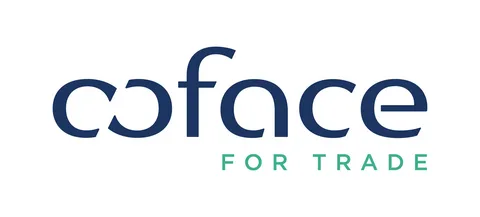Obligations:
Upon purchasing a policy:
- Complete the Proposal Form: Ensure the form is filled out accurately and completely as it forms the basis of your insurance agreement.
- Avoid Blank Sections: Never sign a proposal form that is left blank or incomplete. Fill in all required details.
- Provide All Relevant Information: Since your signature on the form makes you responsible for the information provided, be sure to disclose all material information regarding the risk you wish to insure.
- Choose the Policy Term: Select the policy term based on your individual needs and financial goals.
- Determine the Premium Amount: Choose a premium amount that fits your budget and is manageable for you.
- Select Premium Type: Decide between Regular Premium and Single Premium based on your financial situation.
- Set Premium Payment Frequency: Choose how often you’d like to pay your premiums: annually, semi-annually, quarterly, or monthly.
- Opt for Electronic Payments: For ease and security, consider setting up Electronic Premium Payments (ECS) to manage your premiums electronically.
- Nominate a Beneficiary: Make sure to file a nomination and accurately enter the nominee’s details to ensure your benefits are directed to the correct person.
- Provide Accurate Contact Information: Ensure your contact details are accurate in the proposal and all related documents. Notify the insurer of any changes in contact details as they are essential for communication regarding proposal status, claim information, updates, and more.
Following the purchase of the policy:
1.] After submitting the proposal, the insurance company should contact you within 15 days.
2.] If not, address the issue in writing.
3.] As soon as possible, comply with any requests for more documentation.
4.] After the insurance company approves the proposal, you should get the policy bond promptly.
5.] If not, bring it up with the insurance provider.
6.] Verify the policy bond after it is received to be sure it is the one you ordered.
7.] Examine every policy condition and confirm that it matches what the broker or an insurance company representative told you when the deal was made.
8.] If you have any questions, get in touch with the intermediary or insurance company representative right away.
9.] If required, get in direct contact with the insurance provider.
Keeping the rules in place:
1.] Regularly pay your payment by the deadlines and within the grace period.
2.] Avoid waiting for a premium notification. It is merely being polite. It is your responsibility to pay the premium in order to prevent penalties or lapsing.
3.] Don’t wait for anyone to pick up your check or for your middleman. Make your own plans to pay the premium on schedule.
4.] If your address or contact information changes, please notify the insurance company right away.
Suggestion:
1.] You can modify the nomination once the policy is issued by:
2.] Completing a notice of nomination change and
3.] Sending them to the insurance provider so that they can document it in their files
4.] If the candidate is underage, designate a nominee to accept any money paid out while the nominee is still underage.
5.] Obtain the endorsement from the appointee attesting to their agreement to serve as an appointee.
Should your policy expire:
Your coverage may lapse if you don’t pay the premium on time. Get in touch with the insurance provider to revive it.
Should your policy expire:
1.] Report any loss of your policy bond to the insurance provider right away.
2.] Obtain a duplicate policy by following the procedures.
3.] The same rights as the original policy bond are granted by the duplicate policy.
Upon filing a claim:
1.] Observe every directive from the insurance provider.
2.] You should assist the insurer whenever necessary with prosecution or with recovering claims the insurer has against other parties.
Rights:
It is your right to
Within 15 days of receiving the policy document, you may cancel a life insurance policy. If you object to any of the policy’s terms or conditions. The Free Look option for health policies may be used as long as the policy is in effect for at least three years.
You can…
1.] Return the policy with a note explaining your objections.
2.] You’re going to get your money back for the premium you paid.
3.] The insurer’s costs for the medical examination and stamp duty charges, along with a proportionate risk premium for the duration of the coverage, will be subtracted.
4.] In addition, if the policy is unit-linked insurance (ULIP), the insurer may repurchase the units at the cost on the cancellation date.
ULIPs
1.] You are allowed to withdraw in part.
2.] It’s your right to change your money.
3.] After the policy’s lock-in period, which begins on the policy’s beginning date, you can cancel it.
4.] Under a life insurance policy, the death claim amount is entitled to the nominee/assignee.
5.] You may request changes to the policy, like:
-} Method of premium payment
-} Duration of the policy
-} An increase in the amount guaranteed and
-} Superior rerouting





